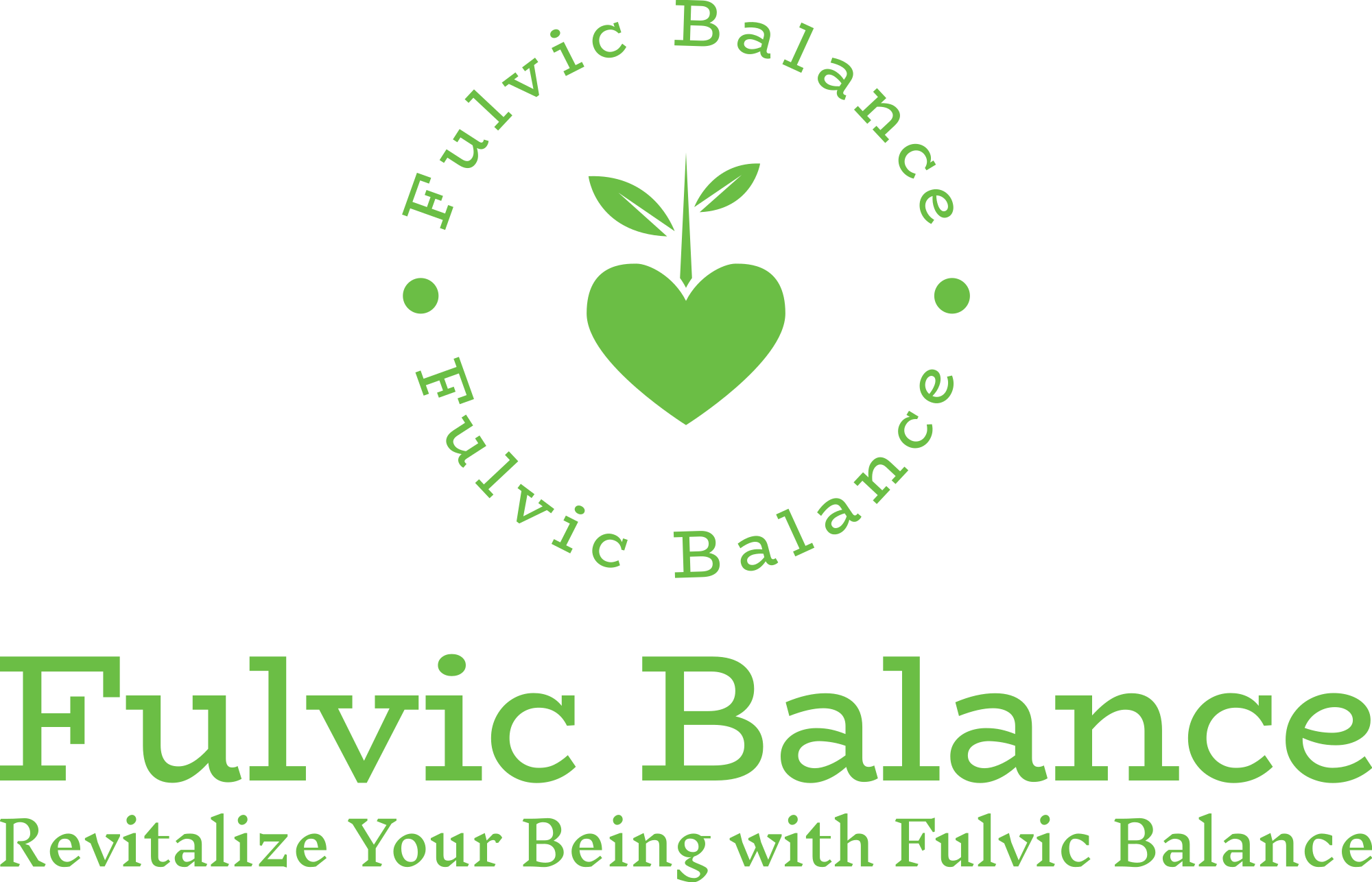Have you ever heard of fulvic acid? This powerful compound is becoming increasingly popular for its immune system supporting properties. Fulvic acid is a natural substance found in soil, plants, and water, and has been used for centuries in traditional medicine for its health benefits. Research has shown that fulvic acid can help boost the immune system by promoting the production of white blood cells and enhancing the body’s natural defense mechanisms. Additionally, fulvic acid has antioxidant and anti-inflammatory properties, which can help protect the body from harmful pathogens and reduce the risk of chronic diseases. In this blog post, we will explore the potential benefits of fulvic acid for immune system support, and how it can be used as a natural remedy to improve overall health.
Key Takeaways:
- Fulvic acid has been shown to have immune-boosting properties, making it a potential supplement for immune system support.
- Research suggests that fulvic acid may help regulate the immune response and reduce inflammation, supporting overall immune system function.
- Adding fulvic acid to your wellness routine may contribute to a stronger and more resilient immune system.
Understanding Fulvic Acid
Clearly, understanding the properties and benefits of fulvic acid is essential in recognizing its potential as an immune system support. Fulvic acid is a natural compound that has gained attention for its ability to enhance nutrient absorption, promote detoxification, and support overall health.
Chemical Composition and Properties
An intricate, yet fascinating aspect of fulvic acid is its chemical composition and properties. It is created through the decomposition of organic matter, such as plants and soil, resulting in a complex mixture of fulvic acid, humic acid, and other organic substances. Fulvic acid is known for its small molecular size and negative electrical charge, allowing it to easily bind to and transport nutrients.
Natural Sources and Extraction Processes
Fulvic acid is naturally found in soil, sediment, and bodies of water, and is extracted from organic sources such as shilajit, peat, and humic deposits. The extraction process typically involves using water or a gentle extraction method to obtain the fulvic acid from these sources, resulting in a concentrated supplement that can be consumed for its health benefits.
This extraction process is crucial in preserving the integrity and potency of the fulvic acid, ensuring that it maintains its beneficial properties for immune system support. It is important to source fulvic acid from reputable and sustainable suppliers to guarantee its purity and effectiveness.
Mechanisms of Immune Support
Even though the exact mechanisms by which fulvic acid supports the immune system are still being studied, several key potential mechanisms have been identified. These include the enhancement of nutrient absorption, anti-inflammatory and antioxidant effects, and modulation of gut microbiota.
Enhancement of Nutrient Absorption
The enhancement of nutrient absorption is a crucial aspect of how fulvic acid supports the immune system. Fulvic acid has been shown to improve the absorption of essential nutrients such as vitamins, minerals, and antioxidants. It accomplishes this by helping to transport these nutrients into cells, where they can support various aspects of immune function, such as the production of immune cells and the regulation of inflammation.
Anti-inflammatory and Antioxidant Effects
Support for the immune system is provided through the anti-inflammatory and antioxidant effects of fulvic acid. These effects play a vital role in protecting the body’s cells from damage caused by free radicals, and in reducing inflammation that can contribute to immune system dysfunction.
Antioxidant properties of fulvic acid include its ability to neutralize free radicals and prevent oxidative stress, while its anti-inflammatory effects help to decrease inflammation in the body, which can have a positive impact on immune function and overall health.
Modulation of Gut Microbiota
Enhancement of gut health and immune function is facilitated by the modulation of gut microbiota by fulvic acid. Fulvic acid has been shown to promote the growth of beneficial bacteria in the gut, while also inhibiting the growth of harmful bacteria. This leads to a more balanced and diverse gut microbiome, which is essential for a healthy immune system.
Plus, the modulation of gut microbiota by fulvic acid can improve nutrient absorption and support the body’s defense against pathogens, contributing to overall immune system function.
Clinical Evidence and Applications
Despite the growing popularity of fulvic acid as a supplement for immune system support, many individuals are often curious about the scientific evidence behind its effectiveness. In this chapter, we will delve into the clinical evidence and practical applications of fulvic acid in supporting immune health.
Review of Scientific Studies
Scientific research on fulvic acid’s impact on the immune system is still in its early stages, but the existing studies are promising. Several studies have demonstrated that fulvic acid can help modulate the immune response, potentially enhancing the body’s ability to fight off infections and diseases. Additionally, clinical trials have shown that fulvic acid may have anti-inflammatory properties, which can further support the immune system by reducing inflammation and promoting overall health.
Practical Uses and Dosage Recommendations
One of the practical uses of fulvic acid for immune system support is through supplementation. Many individuals take fulvic acid supplements to support their immune health, especially during times of seasonal illness or increased susceptibility to infections. The recommended dosage for fulvic acid supplements varies, but most experts suggest starting with a low dose and gradually increasing as needed, up to a maximum daily amount.
Reviewing the evidence from scientific studies and consulting with a healthcare professional can help individuals determine the most effective and safe dosage for their specific needs. Always follow label instructions and seek professional guidance when incorporating fulvic acid into your wellness regimen.
Safety, Side Effects, and Interactions
After exploring the potential benefits of fulvic acid for immune system support, it is important to consider its safety profile, potential side effects, and interactions with other medications or supplements. While fulvic acid is generally well-tolerated, it is essential to be aware of any potential risks associated with its use.
Known Contraindications
Side effects of fulvic acid are rare, but individuals with a history of allergic reactions to humic substances should exercise caution when using fulvic acid supplements. Additionally, individuals with certain medical conditions, such as kidney disease, should consult with a healthcare professional before incorporating fulvic acid into their regimen.
Possible Side Effects
One potential side effect of fulvic acid supplementation is gastrointestinal discomfort, including nausea and diarrhea. It is important to start with a low dose and gradually increase to assess tolerance. Additionally, fulvic acid may interact with certain medications, so it is essential to consult with a healthcare professional before using it.
Side effects of fulvic acid supplementation are generally mild and transient, but it is crucial to monitor for any adverse reactions and discontinue use if any concerning symptoms arise. Individuals should also be aware of potential interactions with other medications, particularly those affecting kidney function, and seek guidance from a healthcare professional when considering fulvic acid supplementation.


